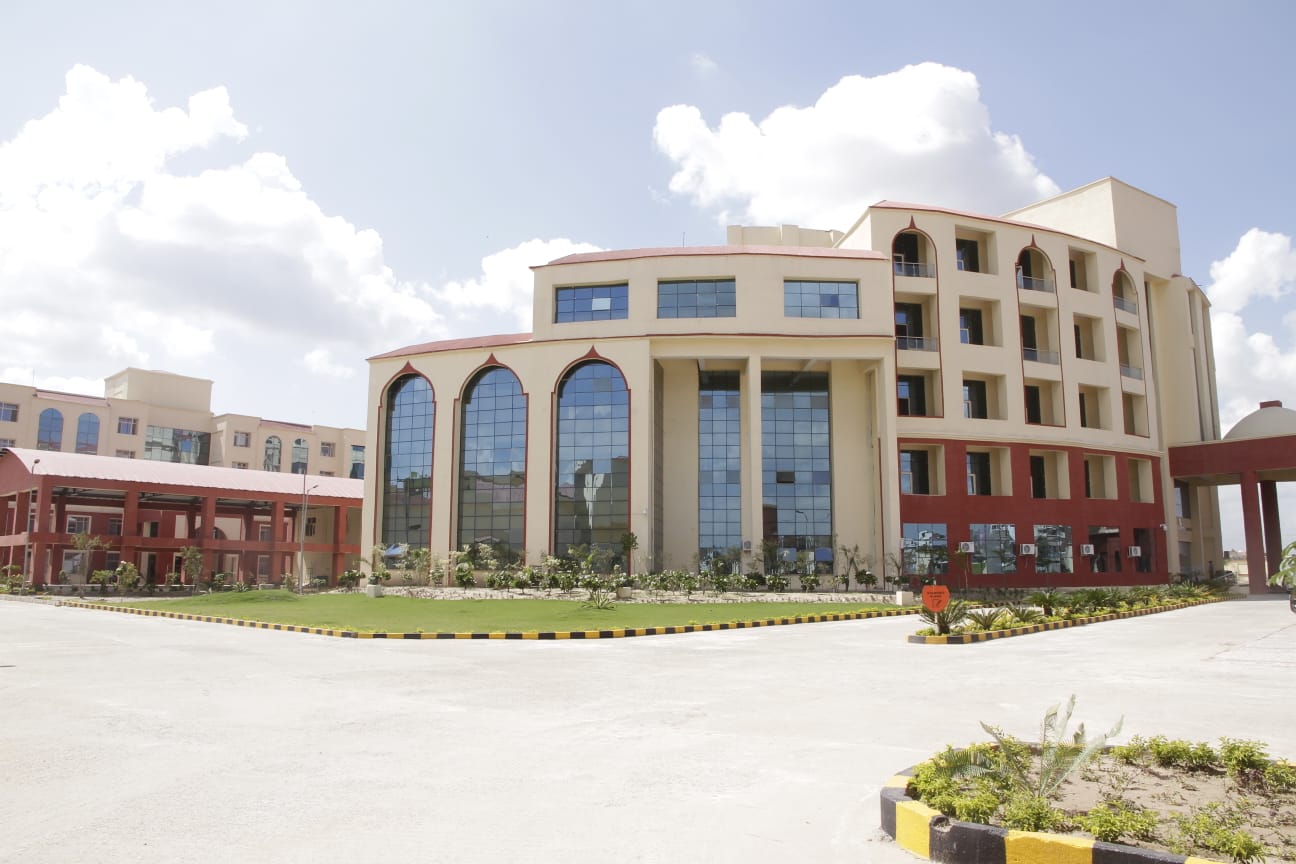
Chandragupt Institute of Management Patna (CIMP), a dream project of Hon’ble Chief Minister of Bihar Shri Nitish Kumar, has once again proved its mettle by overtaking several contemporary B-schools in the latest NIRF (National Institutional Ranking Framework) Rankings 2023. NIRF under the Ministry of Education, Government of India; in its ranking released last afternoon by Dr. Rajkumar Ranjan Singh, Hon’ble Minister of State for Education and External Affairs. CIMP ranks amongst the Top 125 B-Schools of India in NIRF 2023.
CIMP Director Dr. Rana Singh expressed his heart-felt thanks to the Hon’ble Chief Minister of Bihar, Shri Nitish Kumar and the Chairman of the Board of Governors and faculties, officers and staff members of the institute for his continuous support due to which it has been possible to take the institute to this level. He added that this ranking has also put a big responsibility to gradually move ahead in the subsequent years’ rankings.
The National Institutional Ranking Framework (NIRF) is the only ranking approved by the Ministry of Education, Government of India which outlines a methodology to rank institutions across the country. The ranking methodology draws from the overall recommendations and broad understanding arrived at by a core committee set up by the erstwhile MHRD, to identify the broad parameters for ranking various universities and institutions. The parameters broadly cover “Teaching, Learning and Resources,” “Research and Professional Practices,” “Graduation Outcomes,” “Outreach and Inclusivity,” and “Perception”.
The ‘teaching, learning and resources’ parameter covers students’ strength including doctoral students, faculty-student ratio with emphasis on permanent faculty, combined metrics for faculty qualification and experience, and financial resources and their utilisation. The ‘research and professional practices’ parameter covers combined metrics for publications, quality of publications, footprints of projects, professional practices and executive development programs. The ‘graduation outcome’ parameter covers combined metrics for placements and higher studies, examinations, and the median salary. The ‘outreach and inclusivity’ parameter covers regional diversity, gender diversity, economic and social diversity, and the facilities available for the differently-abled students. The ‘perception’ parameter covers peer perception, including employers and academic peers’ perception, about the institute. This is done through a survey conducted over a large category of employers, professionals from reputed organizations and a large category of academics to ascertain their preference for graduates of different institutions and a comprehensive ranking is prepared taking into account the various parameters across different domains like management, engineering, etc.
